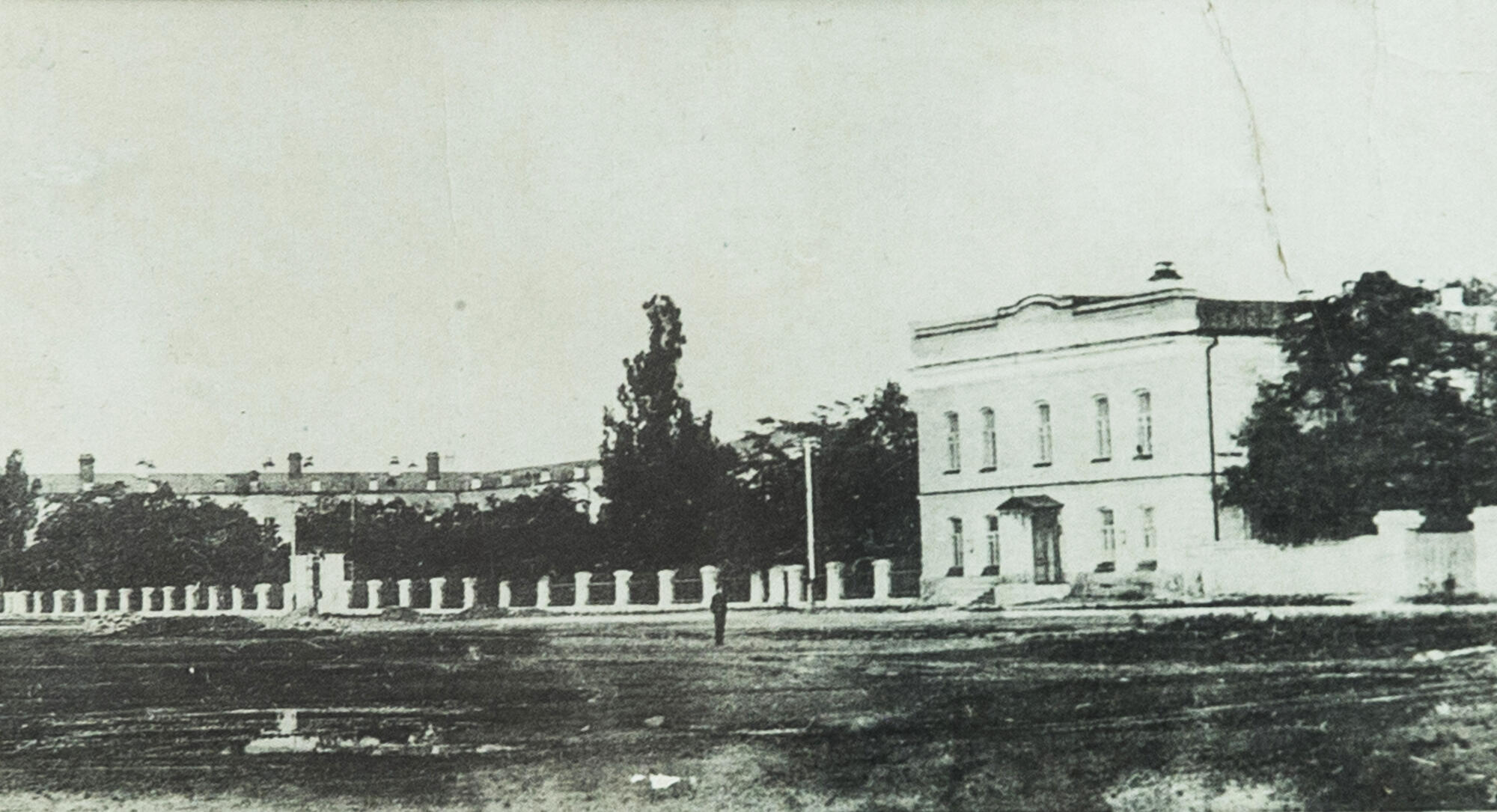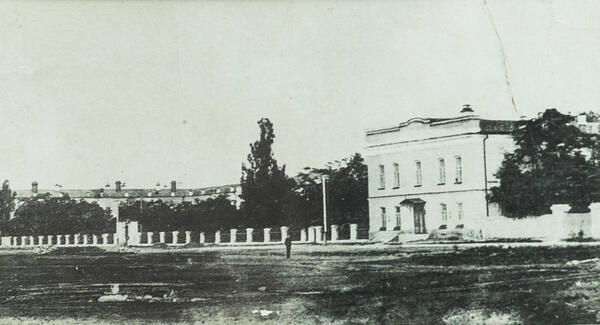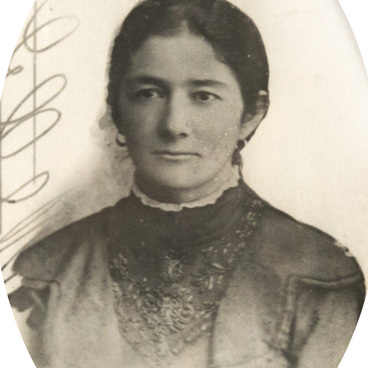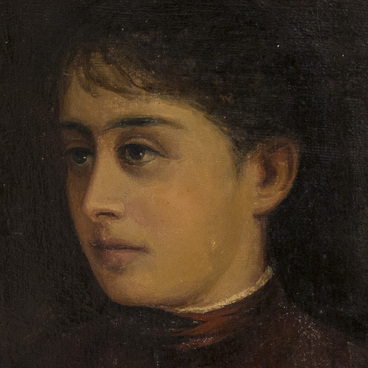Kosta Khetagurov’s father Levan was illiterate, but he was well aware of the need for a decent education. Therefore, when Kosta reached the desired age, Levan Elizarovich sent him Nar’s village school. However, the elder Khetagurov soon realized that his son needed deeper knowledge, and moved the whole family to Vladikavkaz. There, he sent Kosta to a Russian family to learn the language, and a year later enrolled his son in the Vladikavkaz Progymnasium.
The progymnasium had a comfortable atmosphere. According to the memoirs of Andukapar Khetagurov, who studied with the future poet, Kosta was an able student and showed a great interest in the humanities and the arts; singing, dancing, and painting. He wrote: “When painted pictures of various domestic and wild animals were hung on the walls of the progymnasium, Kosta and I could often be seen standing against the wall near paintings, copying lions, tigers, camels, etc. I wasn”t very good at it, but Kosta quickly grasped the details of the drawings and successfully reproduced them. I attribute the birth of the artist to this time. With my cousin Vasily, I often went to the Ossetian settlement to see Kosta”s father, Levan, and there on the walls we saw all sorts of drawings by Kosta done with a pencil on scraps of paper”.
Kosta studied at the Vladikavkaz Progymnasium for about two years. But he was very sad for his father, who moved to the village of Georgievsko-Osetinskoe, and about went to see him with a relative, Dzapar Burnatsev. The elder Khetagurov was very upset that his son left school, and began to think about how to organize his further education.
In the end, in 1871, he managed to enroll Kosta in the Kulundinskoe village school, which was located about 50 kilometers from their native village. The poet studied there until 1873, after which he was admitted to the Stavropol Classical Men’s Gymnasium.
In Stavropol, Kosta became seriously interested in painting. He spent 6 years at the gymnasium, after which he decided to leave the school and enroll in the Saint Petersburg Academy of arts. Levan Khetagurov was not enthusiastic about his son’s idea: he wanted Kosta to obtain a military education and become an officer, and did not believe that after graduating from the academy that he could get a profession worthy of a man. But in the end, Levan Yelizbarovich did not prevent his son from following his wishes and showed respect for his choice.
The progymnasium had a comfortable atmosphere. According to the memoirs of Andukapar Khetagurov, who studied with the future poet, Kosta was an able student and showed a great interest in the humanities and the arts; singing, dancing, and painting. He wrote: “When painted pictures of various domestic and wild animals were hung on the walls of the progymnasium, Kosta and I could often be seen standing against the wall near paintings, copying lions, tigers, camels, etc. I wasn”t very good at it, but Kosta quickly grasped the details of the drawings and successfully reproduced them. I attribute the birth of the artist to this time. With my cousin Vasily, I often went to the Ossetian settlement to see Kosta”s father, Levan, and there on the walls we saw all sorts of drawings by Kosta done with a pencil on scraps of paper”.
Kosta studied at the Vladikavkaz Progymnasium for about two years. But he was very sad for his father, who moved to the village of Georgievsko-Osetinskoe, and about went to see him with a relative, Dzapar Burnatsev. The elder Khetagurov was very upset that his son left school, and began to think about how to organize his further education.
In the end, in 1871, he managed to enroll Kosta in the Kulundinskoe village school, which was located about 50 kilometers from their native village. The poet studied there until 1873, after which he was admitted to the Stavropol Classical Men’s Gymnasium.
In Stavropol, Kosta became seriously interested in painting. He spent 6 years at the gymnasium, after which he decided to leave the school and enroll in the Saint Petersburg Academy of arts. Levan Khetagurov was not enthusiastic about his son’s idea: he wanted Kosta to obtain a military education and become an officer, and did not believe that after graduating from the academy that he could get a profession worthy of a man. But in the end, Levan Yelizbarovich did not prevent his son from following his wishes and showed respect for his choice.



